Advisory Board
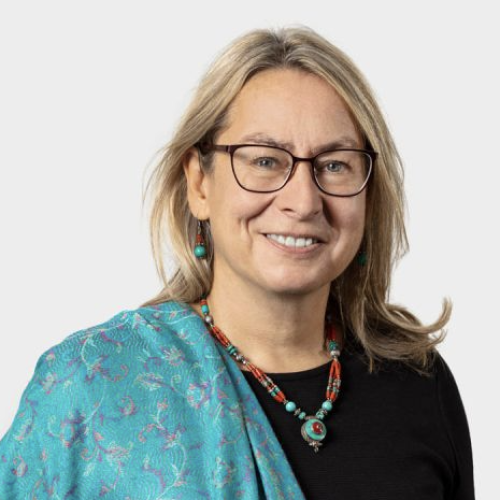
Antje Flüchter
chair
Antje Flüchter is a professor of early modern history at Bielefeld University, she is a spokesperson for the Department of Entangled and Global History and since 2021 spokesperson of the Collaborative Research Center 1288 Practices of Comparing. Ordering and Changing the World. Her research interests include the history of global entanglements, with a special focus on relations between Asia and Europe, gender history, theory of history and the history of religiosity with a global perspective.
Antje has written several books and articles about early modern entanglement between Europa and Asia as well as missionary endeavours. More recently, she has focused on the ordering of people through comparative practices from the 15th-19th centuries, including the declining importance of religious affiliation and birth status versus the growing importance of racialising classifications on the other, as in Imagining Unequals, Imagining Equals and Verglichene Körper – Normieren, Urteilen, Entrechten in der Vormoderne.
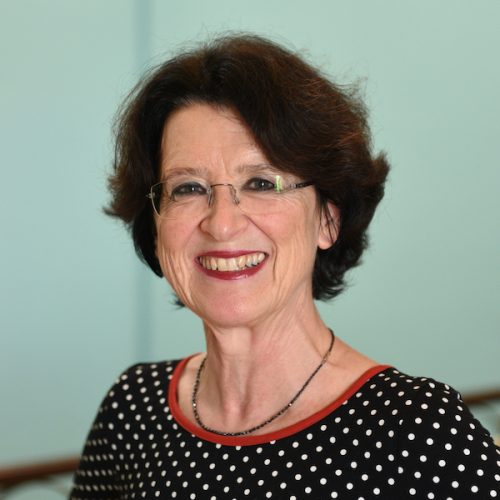
Madeleine Herren
Madeleine Herren is professor emerita of modern history and former director of the Institute for European Global Studies at the University of Basel. From 2007 to 2012 she co-directed the Cluster of Excellence Asia and Europe in a Global Context at the University of Heidelberg. She has written several books, chapters and articles on European and global history of the 19th and 20th centuries, internationalism and the history of international organisations, networks in historical perspective, historiography and intellectual history.
Madeleine has published widely. Her recent publications include: Strength through Diversity? The Paradox of Extraterritoriality and the History of the Odd Ones Out, in Journal of the History of International Law / Revue d’histoire du droit international; Foreign Residents and Global History, in: Editing History #743, and (with Susanna Burghartz), Building Paradise. A Basel Manor House and its Residents in a Global Perspective.
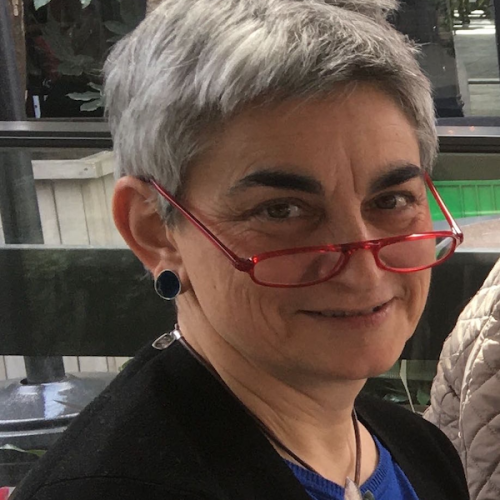
Zeynep Kuban
Zeynep Kuban is a professor of the history of architecture at the Istanbul Technical University. She is the head of the master and PhD Programs in art history at ITU. She has also taught at TU Berlin, BTU Cottbus and LMU Munich as a guest professor. She has been active in various archaeological field work projects and is the vice director of the excavation in Limyra, Turkey. Merging education, field work and social engagement, she has organised summer schools and workshops with her architecture students for the children of the village of Limyra. Together with a team of colleagues, Zeynep also organises summer schools to educate architects as active agents at archaeological sites.
Zeynep is active in workshops with students and refugee children in primary schools in Istanbul. She has been a visiting fellow in Princeton, is a corresponding member of the German Archaeological Institute, member of Koldewey Gesellschaft and a member of ICOMOS Turkey National Committee. Her publications cover the fields archaeology, institutional history, early 20th century art and architecture and urban history. She is currently working on the Istanbul diaries of the exiled architect Bruno Taut.
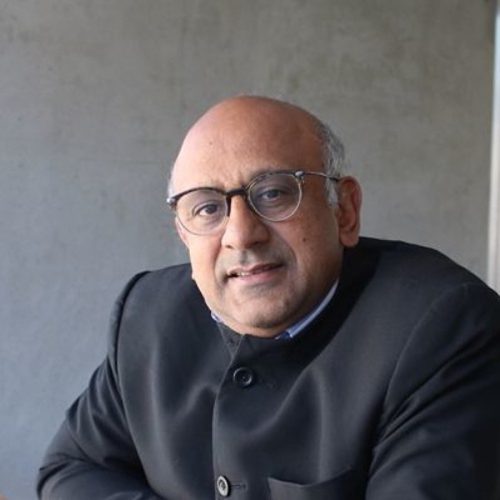
Premesh Lalu
Premesh Lalu is a founding director of the Centre for Humanities Research, and principle investigator of the DSI-NRF Flagship on Critical Thought in African Humanities at the University of the Western Cape. Lalu has published widelyon historical discourse and the study of the humanities and is a regular contributor of public-opinion pieces on the arts and humanities. His articles have appeared in History and Theory, Journal of Southern African Studies, Critical Times, Kronos: Southern African Histories, Economic and Political Weekly and the South African Historical Journal.
Lalu is co-editor of Remains of the Social: Desiring the Post-apartheid (Wits University Press, 2017), co-editor of Becoming UWC: Reflections, Pathways, and Unmaking Apartheid’s Legacies, and a forthcoming edited volume with Patricia Hayes and G. Arunima, Love and Revolution in the Twentieth-Century Colonial and Postcolonial World (Palgrave).
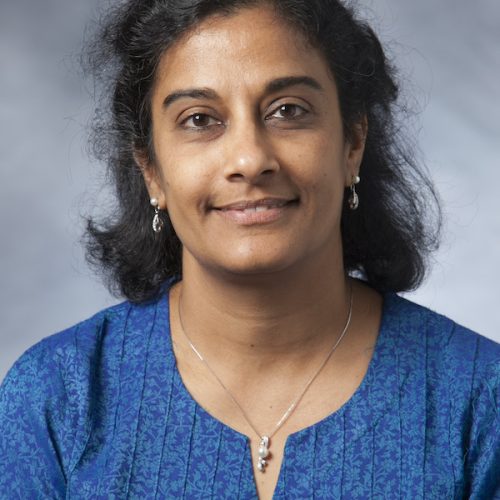
Sumathi Ramaswamy
Sumathi Ramaswamy, James B. Duke Professor of History and International Comparative Studies, is chair of the Department of History at Duke University and President of the American Institute of Indian Studies. She has also taught at the Universities of Pennsylvania and Michigan. She has published extensively on language politics, gender studies, spatial studies and the history of cartography, visual studies and the modern history of art, and, more recently, digital humanities and the history of philanthropy.
Sumathi has won numerous national and international awards. Her most recent works are Gandhi in the Gallery: The Art of Disobedience (New Delhi: Roli Books) and the digital project B is for Bapu: Gandhi in the Art of the Child in Modern India. In 2017, she published Terrestrial Lessons: The Conquest of the World as Globe and Empires of Vision. Sumathi is also a co-founder of Tasveerghar: A Digital Network of South Asian Popular Visual Culture.
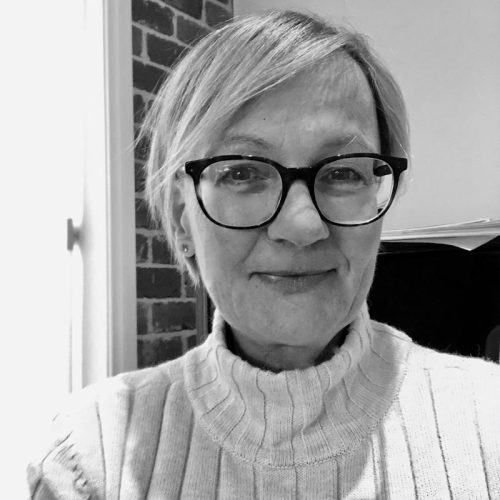
Glenda Sluga
Glenda Sluga is a professor of international history and ARC Kathleen Fitzpatrick Laureate Fellow at the University of Sydney. From 2020-2024, she is seconded as a professor of international history and capitalism at the European University Institute in Florence. In 2020, she received a European Research Council Advanced Grant, overseeing a five-year research programme on 20th-century international economic thinking and the complex history of globalization.
Glenda recently published The Invention of International Order, a study of how an international political culture was established in the wake of the Napoleonic wars. She is also involved in a number of multi-disciplinary initiatives, particularly working with Shanghai Jiaotong, Geneva and Utrecht universities as part of an initiative on the futures of the international order and international thinking.






